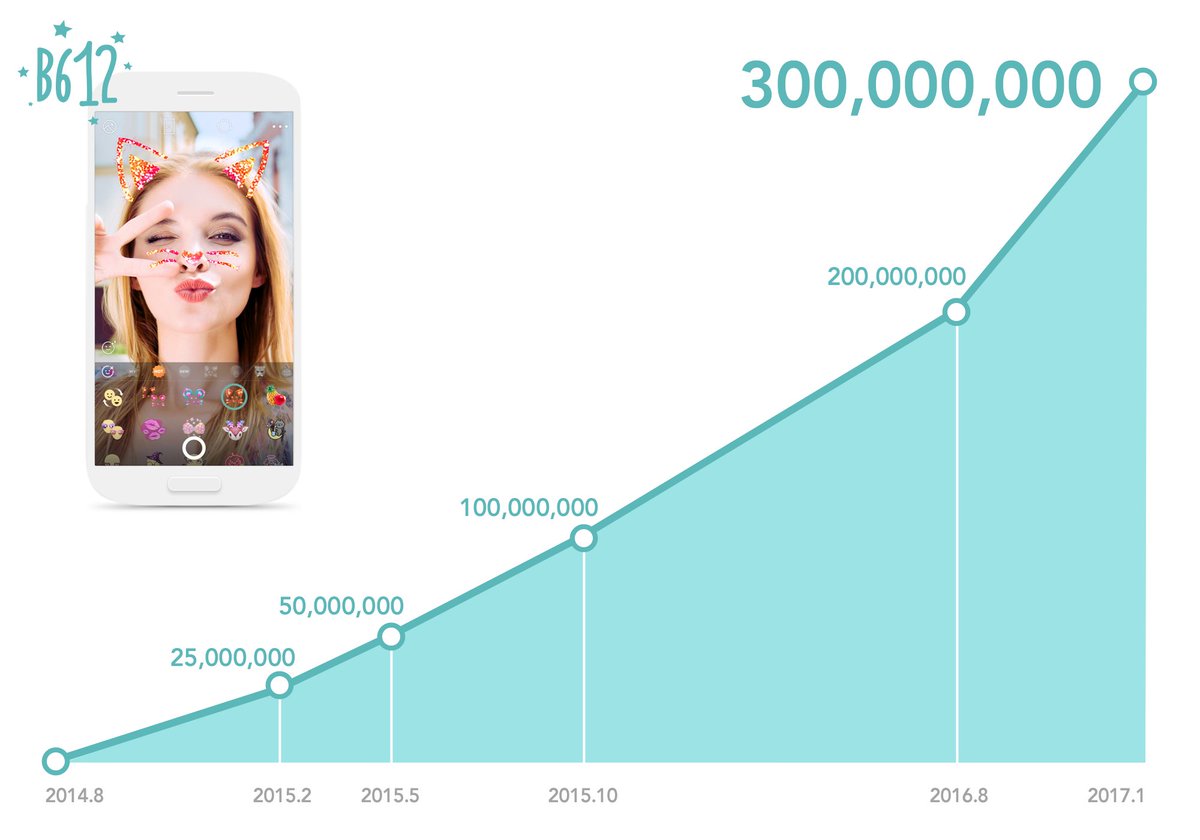

We found that working memory and general executive functions were common targets for both gamified assessment and training. We identified 7 reasons for researchers opting to gamify their cognitive training and testing. Our review identified 33 relevant studies, covering 31 gamified cognitive tasks used across a range of disorders and cognitive domains. Searches included papers published in English between January 2007 and October 2015. We systematically searched several Web-based databases, searching the titles, abstracts, and keywords of database entries using the search strategy (gamif* OR game OR games) AND (cognit* OR engag* OR behavi* OR health* OR attention OR motiv*). We hope to answer 3 questions: (1) Why have researchers opted to use gamification? (2) What domains has gamification been applied in? (3) How successful has gamification been in cognitive research thus far? This systematic review aims to explore and evaluate the ways in which gamification has already been used for cognitive training and assessment purposes. If game design features can be incorporated into cognitive tasks without undermining their scientific value, then data quality, intervention effects, and participant engagement may be improved. However, gamification may provide a possible solution. This, in turn, may negatively impact data quality and/or reduce intervention effects. The pace of technology development requires urgent policy, funding and practice change, away from a narrow medical approach, to a holistic model that facilitates future risk reduction and prevention strategies, enables earlier detection and supports implementation at scale for a meaningful and fulfilling life with dementia.Ĭognitive tasks are typically viewed as effortful, frustrating, and repetitive, which often leads to participant disengagement. The main domains of technology development are as follows: (i) diagnosis, assessment and monitoring, (ii) maintenance of functioning, (iii) leisure and activity, (iv) caregiving and management.
#SUPERPOWERED AUDIO SDK PROFESSIONAL#
Members of the US Alzheimer's Association Technology Professional Interest Area involved in delivering the annual pre-conference summarised existing knowledge on current and future technology developments in dementia. To summarise key areas of technology development in dementia and identify future directions and implications. Technology has multiple potential applications to dementia from diagnosis and assessment to care delivery and supporting ageing in place. We emphasize the need to develop context-specific gamification and invite researchers to conduct equivalently rigorous evaluations of gamification in future studies. However, the basic psychological needs theory explained the mechanisms of action of gamification well: feeling competent and related to others improved the reported experience of the interview.

The effect of the gamified interview format depended on the ability of respondents: gamification can be counterproductive if it overburdens the respondents. Our evaluation showed that the gamification we had developed did not improve the outcome, the experience of the interview reported by respondent.

Single and multiple mediation analyses were used to understand the effects of the gamified interview format.

In total, 1266 respondents were interviewed.
#SUPERPOWERED AUDIO SDK TRIAL#
We evaluated the proposed gamification with a randomized controlled trial based on self-determination theory, specifically on the basic psychological needs theory. Gamification is reported to increase engagement in tasks, but results from rigorously developed research are equivocal, and a theory of gamification is still needed. In an attempt to improve the respondents’ experience of interviews, we developed a concept of gamified interview format by including a game element. Standardized face-to-face interviews are widely used in low and middle-income countries to collect data for social science and health research.


 0 kommentar(er)
0 kommentar(er)
